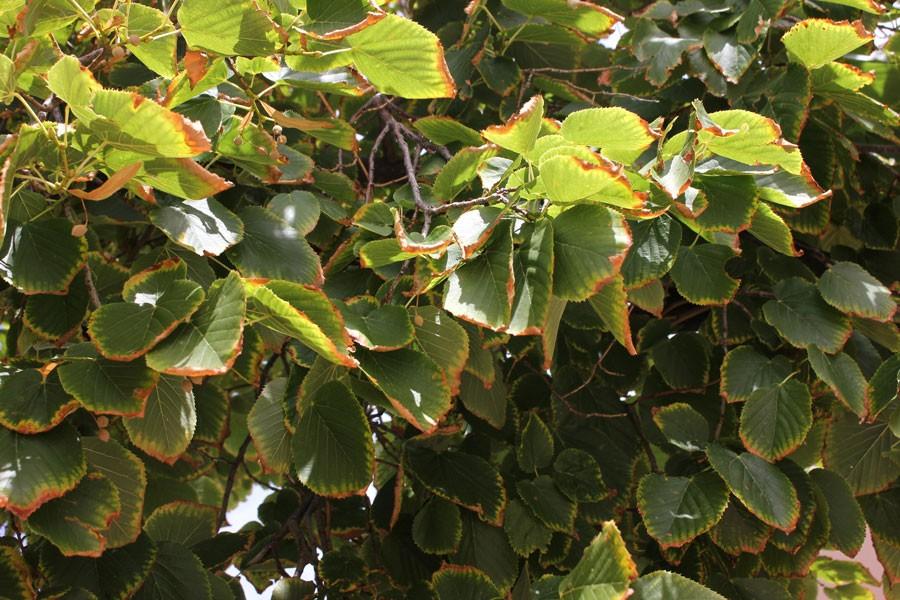Plants: Smarter Than You Think
December 11, 2015
Have you ever looked over at the random plant in your living room and wondered what it was thinking? Probably not, but it is a question worth asking. Can a plant be intelligent?
“Some plant scientists insist they are — since they can sense, learn, remember and even react in ways that would be familiar to humans,” according to The New Yorker. Many new studies, in a new field called plant neurobiology, are examining the intelligence held within plants.
One such study, conducted by Heidi Appel and Rex Cocroft of the University of Missouri, found that “the distinct, high-amplitude vibrations produced by a cabbage butterfly caterpillar munching on an Arabidopsis leaf” will make the plant throw up its defenses.
The researchers “used a laser and a small piece of reflective material to record the caterpillar’s chewing vibrations, which moves an Arabidopsis leaf up and down about 1/10,000 of an inch. They then played two-hour recordings of the vibrations to one set of plants and left another set in silence. The plants that heard the recording of chewing vibrations created an increased amount of mustard oil, a defense meant to deter an insect attacker.”
This would suggest that the plant could hear the threat and react in a way to protect itself. This is an important part of an organism being intelligent — changing itself in response to a threat within its environment.
Another study found that plants even have the capacity to learn from experiences. This study, performed by Monica Gagiano, an animal biologist, used mimosa plants, which look something like a fern, but which collapse their leaves temporarily when they are disturbed.
Pollan says, “Gagliano set up a contraption that would drop the mimosa plant, without hurting it. When the plant dropped, as expected, its leaves collapsed. She kept dropping the plants every five to six seconds.”
After the plant had been dropped repeatedly, it would stop collapsing its leaves in response to the fall. It was as if they’d learned to tune out the stimulus as irrelevant,” Pollan says. “This is a very important part of learning — to learn what you can safely ignore in your environment.” The plants continued to ignore the drop a month after the test.
However, even plant neurobiologists agree that plants do not have brains. There is no small round organ hidden within the plant making choices and running the plant day to day. Plants do, however, contain neurotransmitters such as serotonin, dopamine and glutamate, according to The New Yorker. These neurotransmitters are even used in the brains of humans.
The lack of a brain does not hold the plant back, however. In addition to hearing, taste and gravity, plants can sense “the presence of water, or even feel that an obstruction is in the way of its roots, before coming into contact with it. Plant roots will shift direction to avoid obstacles,” says Michael Pollan the author of The Omnivore’s Dilemma.
The largest problem with calling a plant “intelligent” is defining what intelligence is. “Plants can do incredible things. They do seem to remember stresses and events. They do have the ability to respond to 15 to 20 environmental variables,” Pollan says. “The issue is, is it right to call it learning? Is that the right word? Is it right to call it intelligence? Is it right, even, to call them conscious?”
There is no agreed upon definition of intelligence, so there is no easy answer to the question of plant intelligence. Plants compose 99 percent of the biomass on Earth, according to The New Yorker. So are we sharing are planet with intelligent plants around us, or simple organisms that are not aware of anything? We do not know yet, but we may know just a few years into the future.
